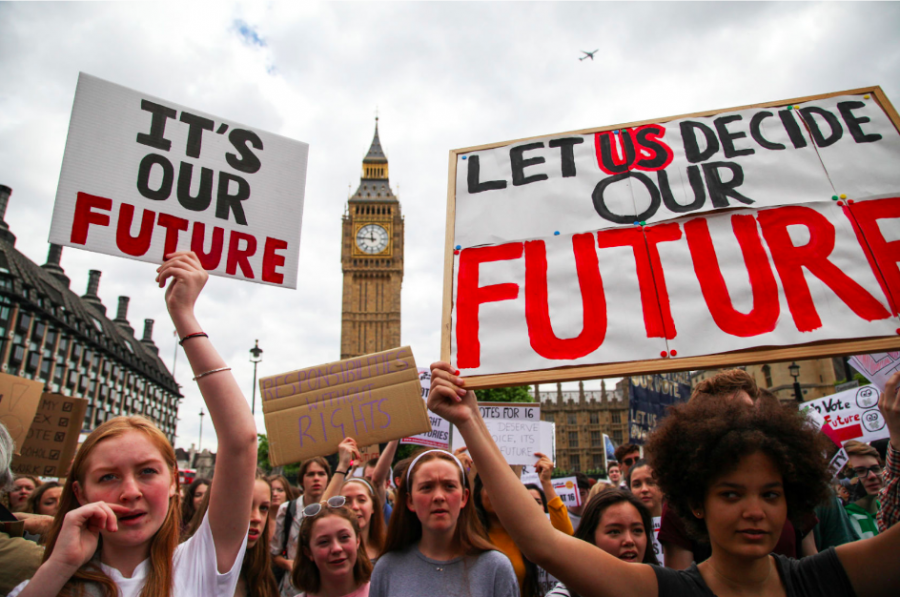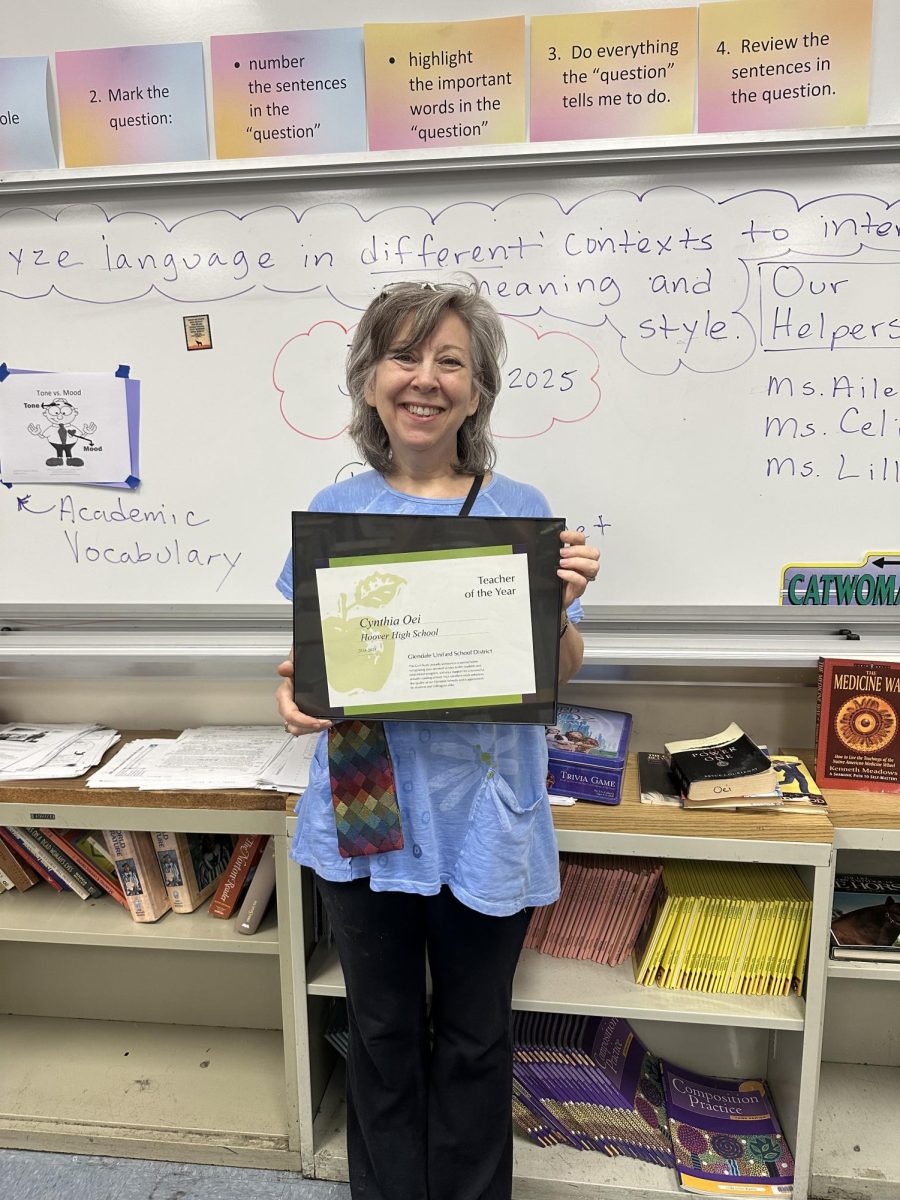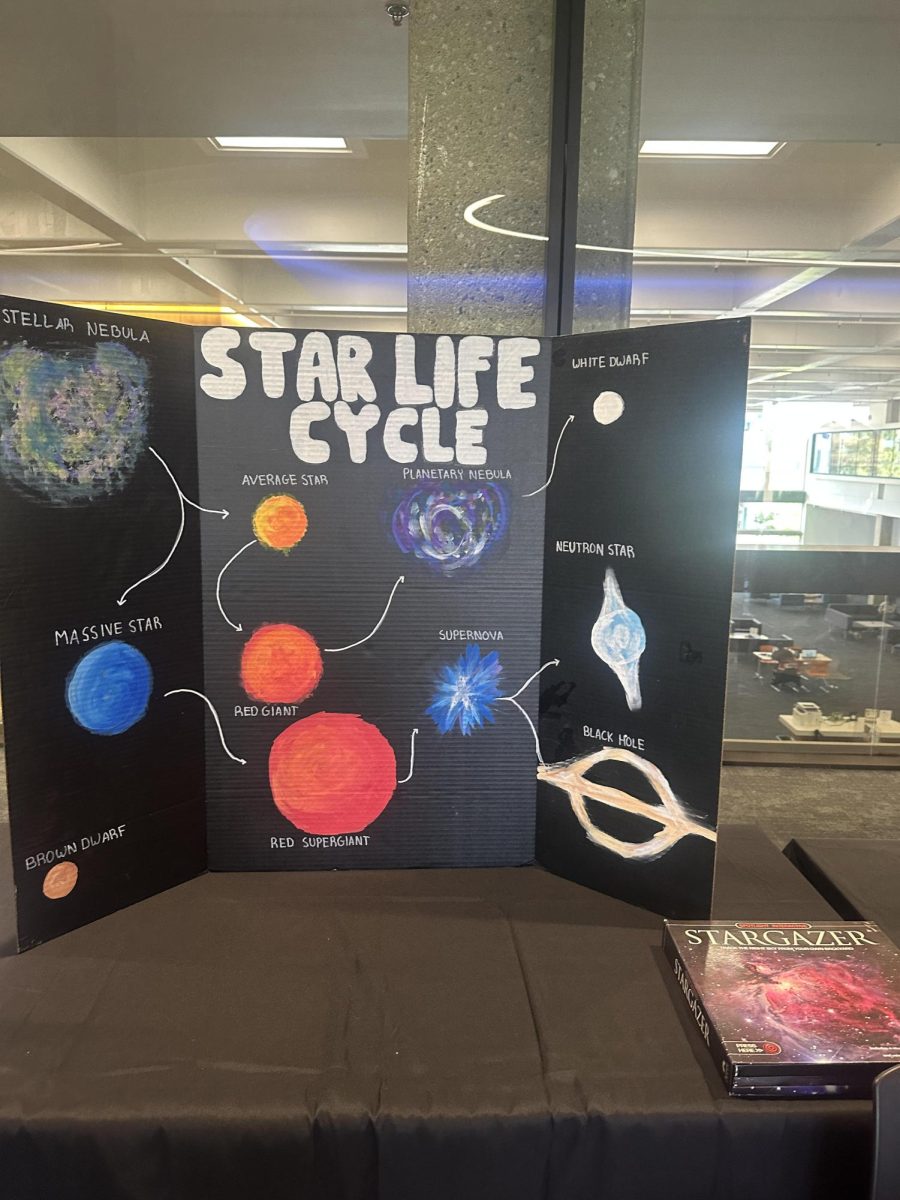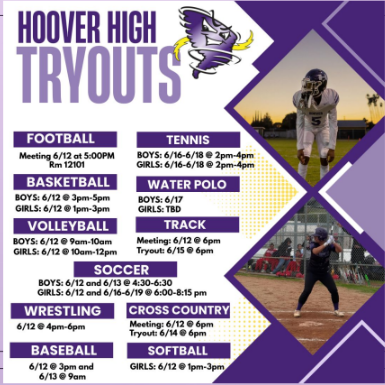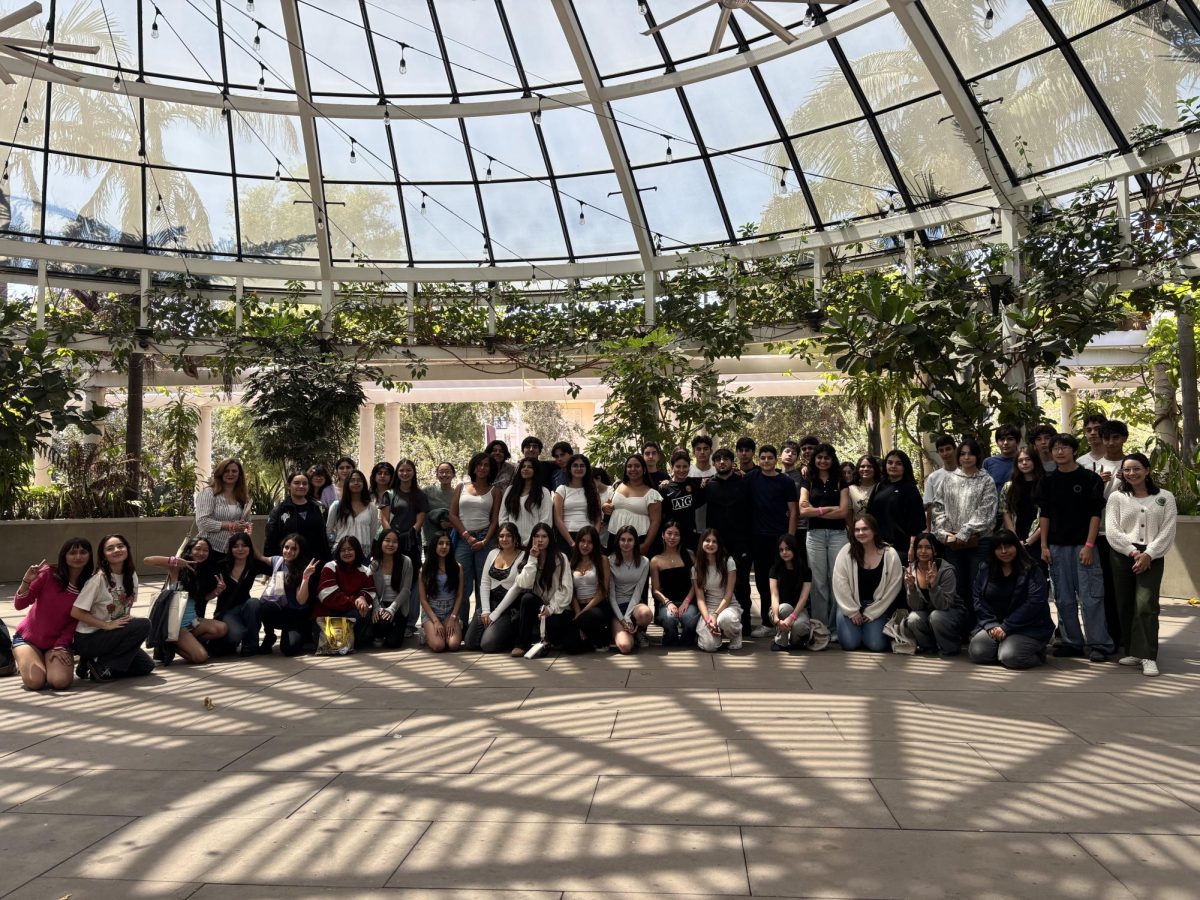We Need A Voting Voice: Why The New Voting Age Should Be 16 Years Old
November 16, 2020
With the 2020 elections in sight, students nation-wide are voicing their support for their political beliefs, attending rallies, and raising awareness for voting.
Yet, when the voting deadlines approach every four years, these same people sit silently at home and watch others vote for a future that may not even affect them.
In the past, it has been a historical pattern that the younger population of the United States citizens(aged 18-29) have had a low voter turnout, however in more recent years, this rate has been increasing. According to the U.S. Census Bureau, from 2014 to 2018 there was a 72 percent increase in voter turnout for the younger population and is expected to further increase in the 2020 elections.
Students 16 or older are selected to work at voting polls all throughout the nation, allowing them to gain a better understanding of the electoral process and the rights and responsibilities of voters. 16 and 17-year-olds in several states, including California, are also given the option to pre-register to vote. Applicants are asked to declare their political party affiliation upon registration, which suggests they are knowledgeable enough at that age to determine their political stance.
“I’m glad I was able to vote this year for such an important election,” said Emily Nadimyan, a first-time voter and Hoover ‘20 alumni. “I think that it is super important for the younger generation to vote since they are going to be the future of the country.”
Many people argue against a younger voting age because they believe that 16-year-olds are not educated enough to make important decisions, like who will be the country’s next leader. However, in California and most other states, a graduation requirement is to pass a United States History course, which is usually taken when the student is 16. The class ensures students a deeper perspective of the founding of America and the civic society and politics that defines it.
“I think students gain a better understanding of history with all of their classes,” said Edgar Stepanian, a United States History teacher at Hoover High School.
Others also argue that 16 is not considered to be a mature age, however, there are countless responsibilities given to these adolescents that require more accountability than to cast a vote. In the majority of states in America, 16 is the legal age to attain a driver’s license, start working, and even get married. At 16 years old, many people are exposed to propositions (or will face them in the next four years)that are being voted upon, such as education policies, legal age rights, tax restrictions, rent control, and much more. Therefore, a 16-year-old is mature enough and capable of voting for their own future.
“I truly wish I could’ve voted for this election,” said Irene Shahvosian, a 17-year-old student at Hoover High School. “It’s not too wild of a concept since I turn 18 in less than a year. It’s really strange to me that 80-year-olds can vote for a future that really isn’t theirs, meanwhile I get no say in what my life will look like for the next 4 years.”
In the modern era, teenagers also have access to social media, which allows us to further educate ourselves about democracy and use the social platforms as an outlet to speak out and share our political values.
“I do a lot of research and know almost everything on the current ballot even though I am not voting,” said Hayk Yengibaryan, a 16-year-old at Hoover High School. “I would definitely vote.”
This year has been a reminder of how important using our voices can be. Voting at a younger age not only allows us to have a voice for our own futures, but it also instills a sense of importance and responsibility to continue voting in the future.

